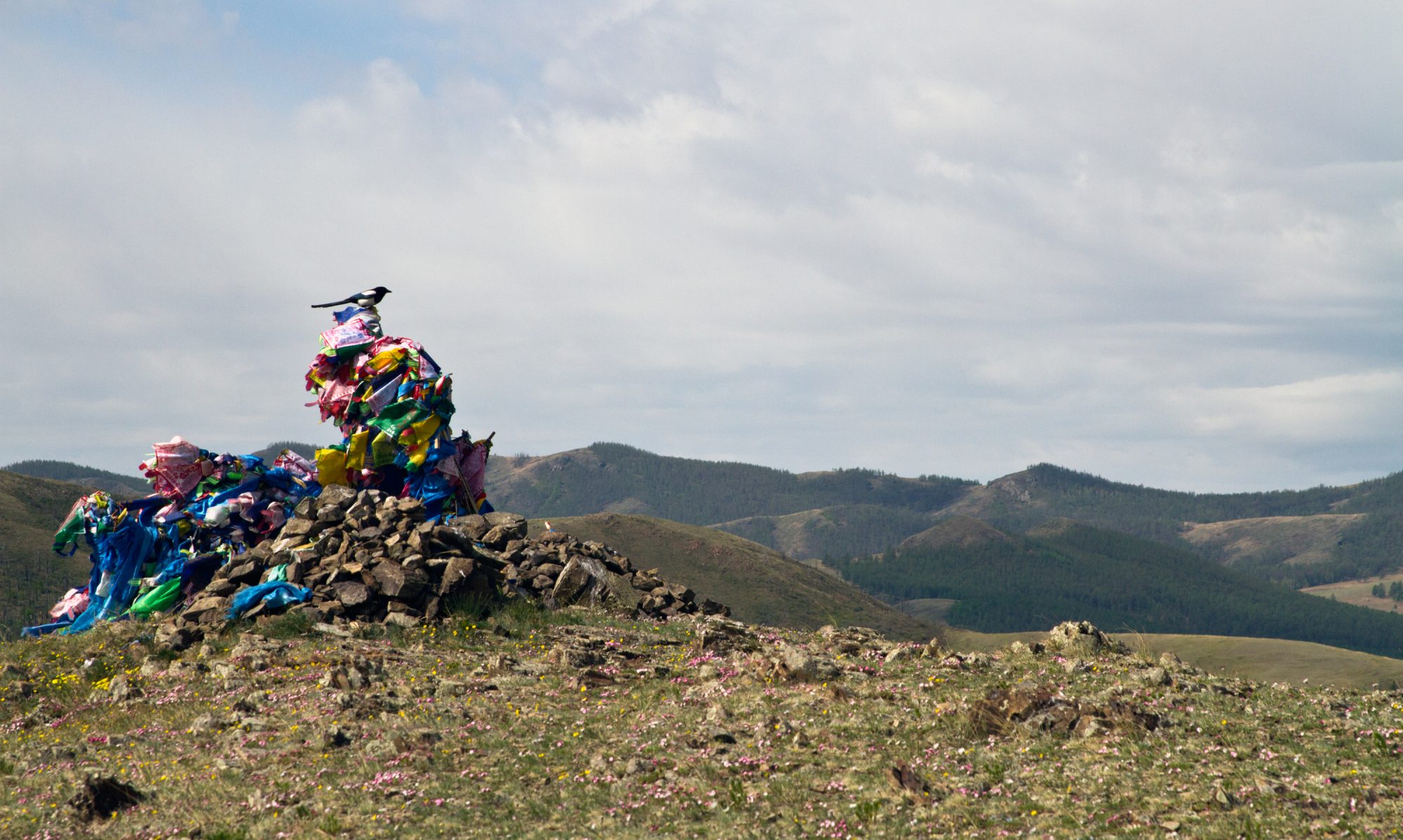Some of the best things in your life refuse to come to you except through luck, or as the backside of a problem. I didn’t choose it, but my fear of driving kept me from ever being dependent on a car. I’ve never owned a car, and never felt I had to. Admitting that I needed one, and mastering myself to the point of learning how to use one, would have been too high a price to pay. I think that’s a pretty rare bit of good fortune, in spite of all the humiliation and misery I felt during the six years I couldn’t overcome it.
I still feel a little uncomfortable riding in a car, though I don’t panic or lose control any more, and I can talk about it now. And now, it’s really only discomfort: I don’t feel comfortable with the huge disproportion between the size and importance of what’s being transported (me), and the large, loud, bulky machinery that seems required to transport it. Mass transit is different, a bus would go where it was going regardless of whether I was on it. Walking was always how I preferred to get anywhere, but for longer distances or regular transport I depended on the bus. Regular reading time, habitual mingling with people, breathing all their various smells, I find I need that even in my most withdrawn moods. A certain basic level of exposure to humanity, any kind of humanity, is part of what I require to keep myself sane.
I can’t pin down all the reasons, but certainly I was becoming more aware of my health, when I began to bike to work and forego the bus. I’ve been biking to work five days a week, and to most other places I go on the other days, for about two or two and a half years. I think I crossed the point of no return when I realized that I could reliably arrive before the bus, going between almost any two points in town. Biking has had the effect of humanizing the scale of the city: keeping it to human limits and filling in a lot of what had been sort of white space on my mental map; and also expanding the scale of the accessible city, where before it often had felt just too large: when an hour’s ride and two transfers stand between you and that photo shop you want to visit, it’s harder than when you have a pleasant breakfast and a long, flat, gentle ride along the river and the railroad to look forward to. The bicycle, as has been said only I can’t remember by who, is one of our most humane inventions. Large-scale becomes manageable scale, and it doesn’t lose its human character. Neighborhoods remain neighborhoods, they aren’t a conduit or a roadside attraction; passing traffic through one does not destroy it; but they are no longer limiting: it becomes easy to go beyond their limits.
But for me the first thing about the bicycle is its flexibility. The bus goes on established routes, at certain times and is not subject to me or my desires. I have to subject myself to it, to its driver, to his habits of braking, steering, and merging. It’s the loss of control. Walking has obvious spatial limitations, an hour’s walk, the distance from my apartment to my work, takes too much time from my day. The car appears flexible, but is not: individually, driving a car, I feel the flexibility and power. But at the end of my trip I have to deposit my ton of metal and plastic somewhere. And take up usable space while doing it. And so does everyone else: the space demanded by the car makes for non-negotiable rigidities in urban design. Acres of ground have to be flattened and made useless dead areas to store these things. Streets have to be widened, limiting productive space, then widened again to let the cars that aren’t even using the street for transit to take up space along them; and entire concrete buildings have to be built to house them, which makes for giant economic black holes in the middle of the city.
The bicycle is a more forgiving, less demanding tool. The flexibility of the bicycle, the variety of paths it can take me on, its readiness to hand and its contented nature, reflects the nature of the city. This is my idiosyncrasy, but I feel like I belong in a city, I am a human in a busy, humming happy human hive. I feel here that I have freedom and options and challenges. If I want to explore, there is plenty to learn, if I have other needs, it is here that they will be met, by other humans, who have gathered here for the purpose of meeting one another’s needs. Likewise, I feel in control of myself and unburdened on a bicycle, and able to explore and encounter life, and to live together with other humans. This is a lot to put on the slender frame of a bicycle, but though the spokes which bear the weight of the rider are thin and look weak, their curious radial design enables each to carry the load the other cannot, and they form a stronger support than an equivalent amount of metal, gathered together, without the variety and power-sharing organization of a bicycle wheel, could do.

I feel it’s a pity, a burden really, that my life currently requires me to drive as much as I do. I would have to radically reshape my life (change jobs and location in the city or the city itself) in order to get along without my car. In some ways Los Angeles has been designed for the cars, not for the people who drive them.
This.